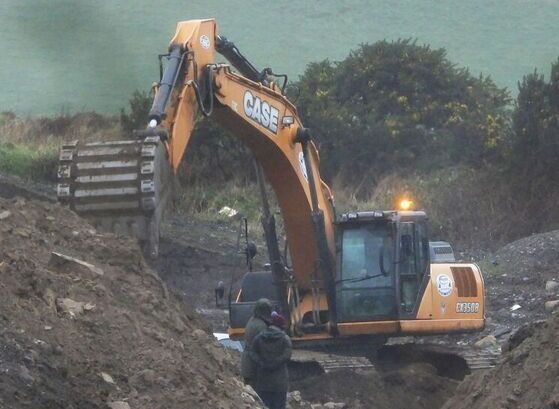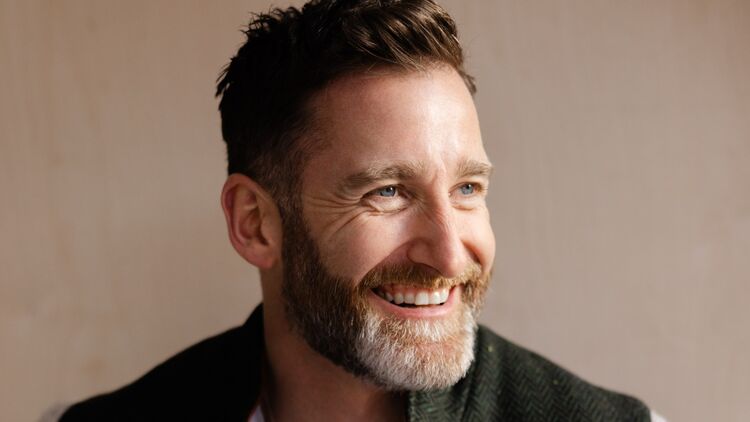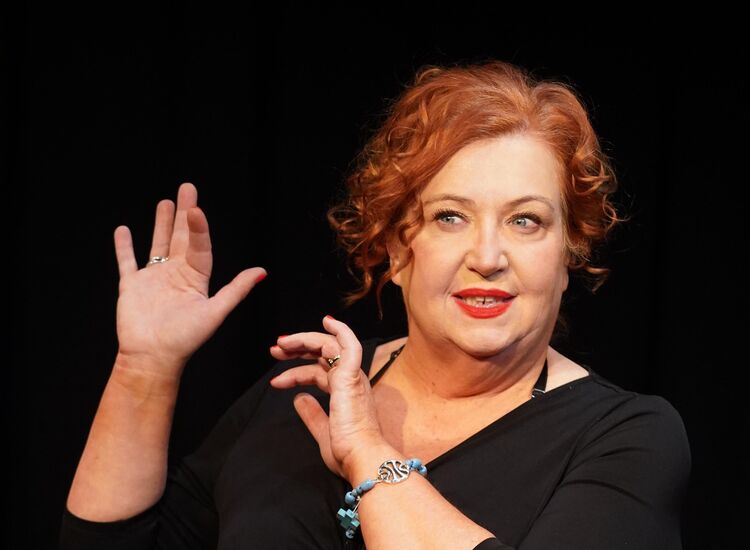The Irish presidential election field is growing by the day and now numbers enough candidates and would-be candidates to fill out a rugby scrum. This is fine in one sense in that voters will have a range of personalities and parties to choose from on election day, now just four weeks away.
The way the voting process works will mean that even the also-rans will have an influence on the eventual outcome as proportional representation allows for the transfer of lower preference votes on the ballot papers upon which the eliminated candidates actually came out on top.
So all candidates will be urging voters to exercise their voting rights to the maximum.
We refer here, of course, to voters and not necessarily Irish citizens because many of them will unable to vote on Oct. 27.
The entry of Martin McGuinness into the fray is an intriguing development for a variety of reasons, but a particular matter that his candidacy raises is the fact that the Deputy First Minister in the Northern Ireland government has no voting rights in the Republic.
McGuinness, simply put, will not be able to vote for himself on election day and neither will any of his fellow Irish citizens domiciled north of the border.
This is a situation that Mary McAleese faced when she ran for, and secured, her first presidential term.
McGuinness says that he wants to be president for all the people of Ireland and that is for sure a laudable and noble aspiration.
But as McGuinness campaigns in the next few weeks it is to be hoped that he takes the opportunity to highlight the fact that not only do many people living on the island, but many more who are native to it and living overseas, do not have any say in the choosing of the Irish president.
Michael D Higgins, who is running under the Labour Party banner, has suggested a constitutional convention to consider extending voting rights in presidential elections to Irish citizens living outside the Irish state; and he has expressed his own view that voters on the electoral register might be able to retain voting rights for five, or perhaps ten years, after leaving the state.
This idea has been floating around for a while and so to has the idea of constitutional reform. The Irish constitution states that every citizen who had a right to vote for a member of Dáil Eireann shall have the right to vote in an election for the president.
Most Irish citizens living outside the jurisdiction of the Irish state (there are exceptions for diplomats and military personnel) are barred from voting in Dáil elections, so any constitutional reform would have to address this or, alternatively, set up a separate process in which the presidential election stands entirely alone and separate from Dáil contests in the context of voting rights.
It's not hard to imagine a constitutional convention being something that is either interminable or long-fingered, especially in the context of extending Irish voting rights overseas.
But at least the issue looks set to get something of an on airing in this presidential campaign.
In the meantime, one aspect of all this still hangs in the air, though not heavily for most it would appear.
It is surprising indeed that nobody has ever mounted a legal challenge in the Irish courts so that, at the very least, the details of Ireland's peculiarly restrictive voting laws (the Republic stands virtually along in the European Union in this context) can be seen in brighter light.
Then again, perhaps it is no great surprise at all. The Irish can be singularly feisty about some issues in this world, and oddly passive about others. Voting rights is one of the others but it should be otherwise.








